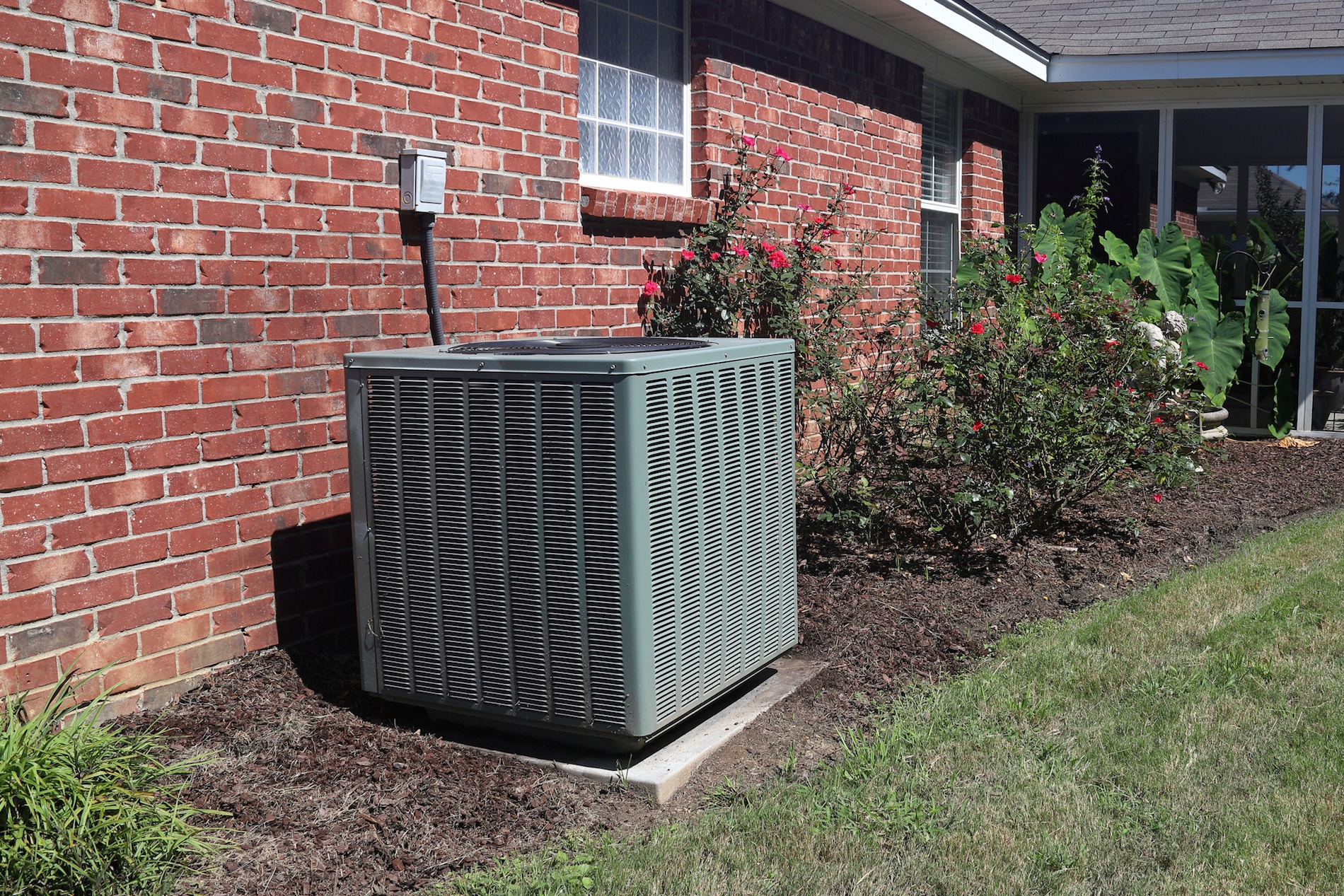
Georgia Summer Cooling Tips
With that in mind, you can bet that your air conditioning – in fact, your entire HVAC unit – is working its tail off to keep you and your family, as well as your office and colleagues, cool and comfortable.
Inevitably, that means higher power bills. However, there are steps you can take to help mitigate some of the work your air conditioner must perform in even the hottest, muggiest days of summer. And doing anything to take some of the burden off your HVAC will not only improve your bottom line, it can also help extend the life of your air conditioner and help you avoid breakdowns and repair calls.
With that in mind, here is a list of tips designed to help you keep your power bills down and maintain a cooler home during even the dog days of summer here in Georgia.
Georgia Summer Cooling Tips: 7 Easy Fixes
Here’s the simplest things you can do to positively affect your home cooler:
- Keep your blinds closed during the day
Up to 30 percent of unwanted heat in your home enters via your windows—both through sunlight and heat – but cannot escape. This is called the greenhouse effect. Keeping your blinds closed can help keep your temperatures down. If you don’t have blinds, buy some (light colored if possible) and install them. This is especially effective on west- and south-facing windows. You can even use cardboard as a substitute.
- Do your washing at night
Appliances kick out a lot of heat. Certainly, the oven does. But it is not alone, and your washing machine and dryer can put out sweltering amounts of heat. The hot water in your washing machine and the hot air in the dryer radiates out of both machines. The same goes for the dishwasher. Our tip: do both overnight while you’re sleeping.
- Grill more
This sounds like a no-brainer, but it’s certainly true. The more you can grill outside and avoid using the oven or stove, the cooler you can keep your home. If you like to use the grill, look at the summer as your challenge to learn new recipes and flavors. If you don’t know much about grilling, take it as a challenge to learn. You’ll be glad you did – for a number of reasons.
- Use your stove’s vent hood
If your stove fan vents to the exterior, it will actually cool your home. But even if it doesn’t, it will improve airflow in your home, which is also important in keeping things cool.
- Keep doors inside the home open
Speaking of airflow, during the summer it is important to keep all of your rooms open and aired out. Better airflow means a cooler home, so keep inside doors open unless you want those rooms to become stifling hotboxes.
- Use bathroom exhaust fans
Turning these fans on anytime you shower is the right thing to do. But during the summer it is smart to leave it on for much longer than normal. In fact, leave it on for 20-30 minutes after you finish to pull the hot, moist air out of the room. And they do not pull much energy at all to use. Speaking of which, taking cooler showers is also a good idea.
- Turn off/replace incandescent lights
Old fashioned incandescent light bulbs may provide the most pleasing light in your home, but they also heat up like crazy. Consider swapping at least a few lamps in your home over to more energy-efficient bulbs such as neon or LED.
Georgia Summer Cooling Tips: More In-Depth and Long-Range Fixes
Here are some things that may cost more money or require a bigger time commitment but can make a big difference in the heat of your home.
- Add awnings or shutters
Much like shutters do the job inside your home, you can put things on the outside of your home to provide additional protection from the sun. Awnings are the most effective (though also the most expensive) course of action and can reduce heat gains by 65-75 percent during the hottest parts of the day.
- Plant trees and other greenery
A well-placed tree can make a world of difference for the comfort of your home. Planting a tree likely won’t have immediate payoffs, but it’s a great way to both shade your home and add color and beauty to your property. Vines and other tall shrubs are other options which will have quicker results but will likely require more maintenance in the long-term.
- Paint your home a light color/replace your roof
If your home is a darker color, and you have the time, or money, consider painting the outside of your home a lighter color. Your home should be reflecting the sun’s heat, not absorbing it. If you have an older roof, consider replacing it with a type of roof style that offers more reflection and heat protection than standard shingles. Slate, concrete, clay, various tiles, and metal can all offer less heat absorption and thus a cooler home.
Air Conditioning Adjustments
Here’s some simple things you can do to your central air conditioning unit that will help maximize its efficiency and keep your home comfortable during these blistering days:
- Keep the furnace fan on
Remember, keeping the air flowing, keeps you cooler. With that in mind, your thermostats likely allows you to manually turn the fan on that blows air through your home. This will continually circulate and more evenly distribute the cooler air from your basement or ground floor.
- Install a programmable thermostat
A programmable thermostat allows you to modify the temperatures in your home without continuously fiddling with the temperature in the morning and evening.
- Set your thermostat wisely
If you have a programmable thermostat, we suggest you maintain these numbers at these times of day:
During the hours your home, set it for 75 degrees (perhaps 1-2 degrees difference in either direction). The warmer the setting, the less energy you’ll be using and thus being more efficient.
When you’re not home set it for 80 degrees (perhaps 1-2 degrees difference in either direction).
At night, when you’re sleeping, set it for cooler temperatures than 75. You will sleep better, and the air conditioner will not have to work as hard overnight. Experiment with the temperature that works best for you.
Understand that, even if these temperatures feel warmer than what you’re used to, your body will adjust, allowing you to be comfortable after a week or two.
- Change your air conditioner filter
Optimally, you should replace your air conditioner filter every 4-6 weeks, especially during the months of heaviest use. A dirty filter reduces air quality and drains the efficiency of airflow.
Follow these tips, and you will see a difference in your monthly power bill. You will also give your HVAC unit a bit of a breather during these trying months and weeks.
However, if you have run into a problem that requires professional AC repair or the installation of a new cooling system, please consider Conditioned Air Systems. Our experienced, knowledgeable and courteous staff is always ready to help, and we will come provide a free estimate on any potential project. Please contact us today at 770-536-7509, and let us come get you back to full comfort.
Your Trusted HVAC Experts for Home Comfort and Efficiency

